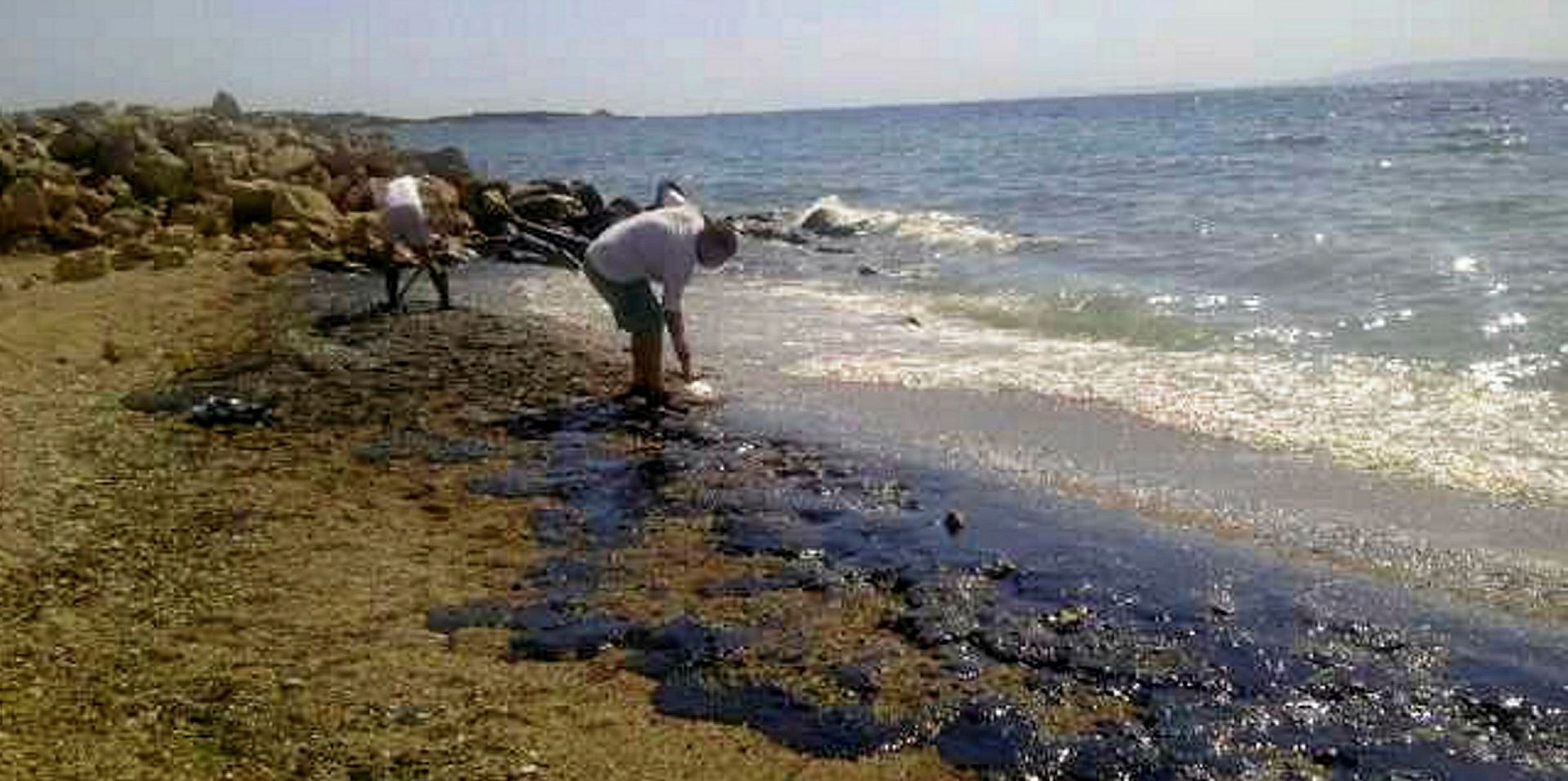The International Oil Pollution Compensation (IOPC) Funds is to investigate the problem of unreliable insurers failing to meet their obligations after tanker spills.
There have been a number of cases where insurers have been reluctant to meet compensation claims following spills, although these incidents do not involve large tankers covered by the major protection and indemnity clubs.
The IOPC Funds pay the cargo side compensation supplementing shipowners’ contribution that come from P&I clubs or fixed premium insurers.
The legal committee of the IMO as well as IOPC Funds' own audit body may be asked to participate in the probe.
The incident that has prompted the investigation is the case of the 1,203-dwt bitumen carrier Nesa R3 (built 1981), which sank off Oman in mid-2013 polluting 40 kilometres of coastline.
The vessel had P&I cover from Sri Lanka-based Indian Ocean Ship Owners Mutual, which is not an International Group club.
The Indian Ocean club has refused to consider any claims on the basis that the bitumen cargo had been loaded in the port of Bandar Abbas so was presumably subject to sanctions on the Islamic Republic of Iran that were in force at the time of the incident.
The shipowner’s limit of liability under the Civil Liability Convention (CLC) for the Nesa R3 runs to special drawing rights, or SDR, 4.5m ($6.4m), which has been covered by the IOPC Funds.
Total funds available under the tanker spill conventions run to SDR 203m ($290m) so are well in excess of any claims likely to be brought.
The government of Oman and the IOPC Funds are taking legal action against the shipowner and club in the Muscat courts.
There have also been issues over cover for the 2,519-dwt product carrier Alfa I (built 1972) that sank in Elefsis Bay off Piraeus in 2012 after a collision with a submerged object. About 13 kilometres of coastline was polluted.
Aigaion Insurance provided P&I cover of €2m ($2.37m), with a warranty that persistent oil would not be carried, but under the CLC there could be a claim against the vessel of up to SDR 4.5m.
So there was a contradiction between the terms of the insurance policy and the "blue card" guaranteeing that adequate cover was in place to meet the requirements of the CLC.
The IOPC Funds have a legal opinion that the blue card guarantee trumps the restricted cover.
But the outlook is clouded as the Bank of Greece permanently revoked Aigaion's insurance authorisation earlier this year.



